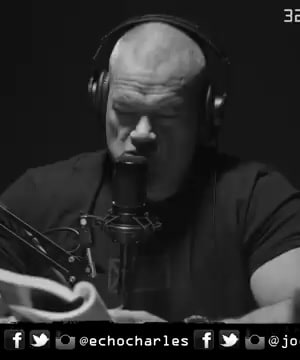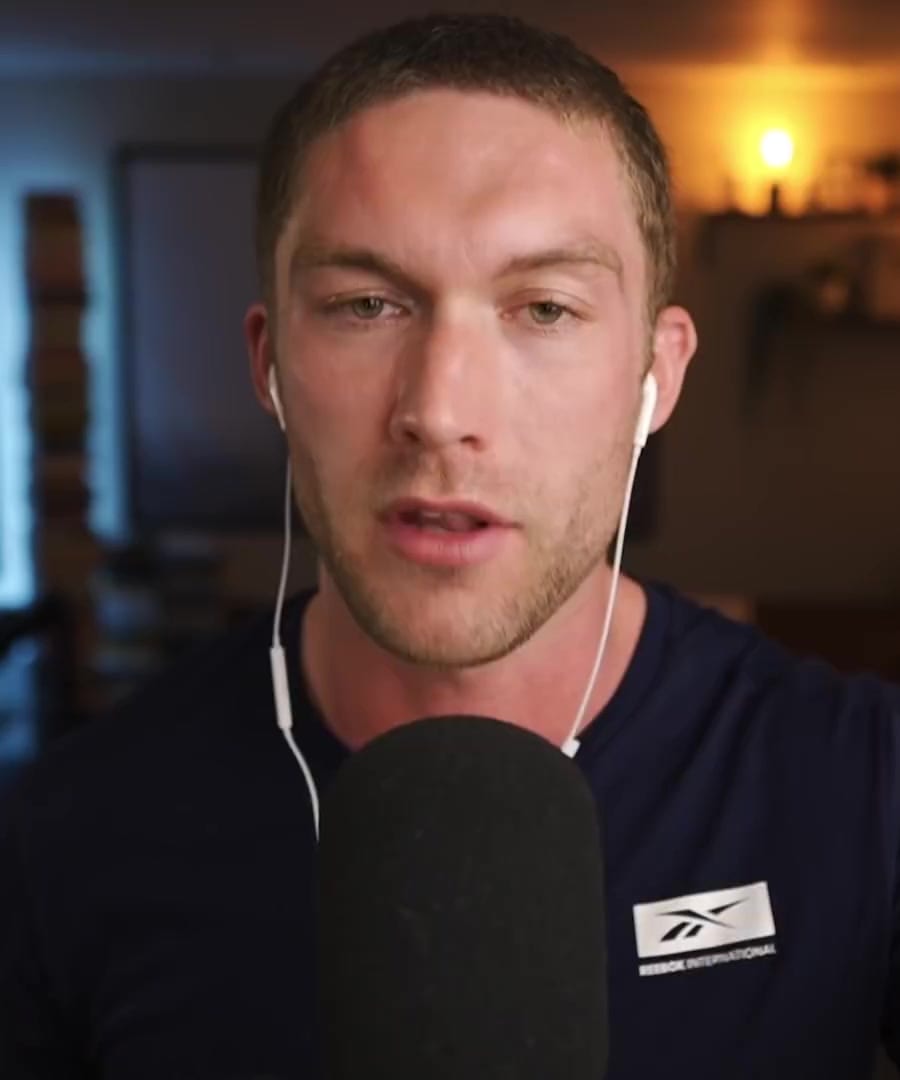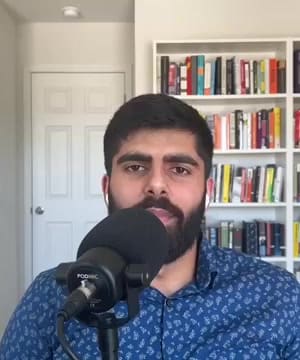Old ways of thinking
Sources:
Here are some interesting insights from experts discussing old ways of thinking:
-
Wisdom in Caution: Jocko Willink talks about how young soldiers often begin recklessly but gain wisdom and become more cautious with experience. This transition is highly valued as it turns reckless boys into thinking men, who are more valuable on the battlefield. The old generation appreciates this transformation, emphasizing the value of steadiness and steadfastness over fleeting glory 1.
-
Challenging Established Beliefs: Russ Roberts and Teppo Felin discuss the difficulty of breaking out of habitual ways of thinking. They highlight that it's essential to reflect on established beliefs to foster innovation and critical thinking, though it's inherently challenging due to cognitive biases and the comfort of routine 2.
-
Intertidal Moment: Ari Wallach describes the current period as an "intertidal moment" where older methods of thinking are failing, and new approaches are not yet established. This reflects a larger societal shift that calls for evolving beyond traditional binary and mechanistic thinking from the Enlightenment era to address modern complexities 3.
-
Cultural Adaptation: Will MacAskill notes that traditional thinking patterns worked well in stable, unchanging environments. However, in today's rapidly evolving world, there may be a greater need to rely on first principles and innovative thinking rather than sticking to what has historically been accepted 4.
-
Historical Perspectives: Stephen West questions if we should judge ancient philosophers for their assumptions that shaped early thinking. He urges us to consider the context and limitations of their times, highlighting the difference in their experiences of the natural world compared to ours today 5.
These perspectives show a complex interplay between valuing traditional wisdom while also recognizing the need for new thinking to adapt to current and future challenges.
RELATED QUESTIONS-


